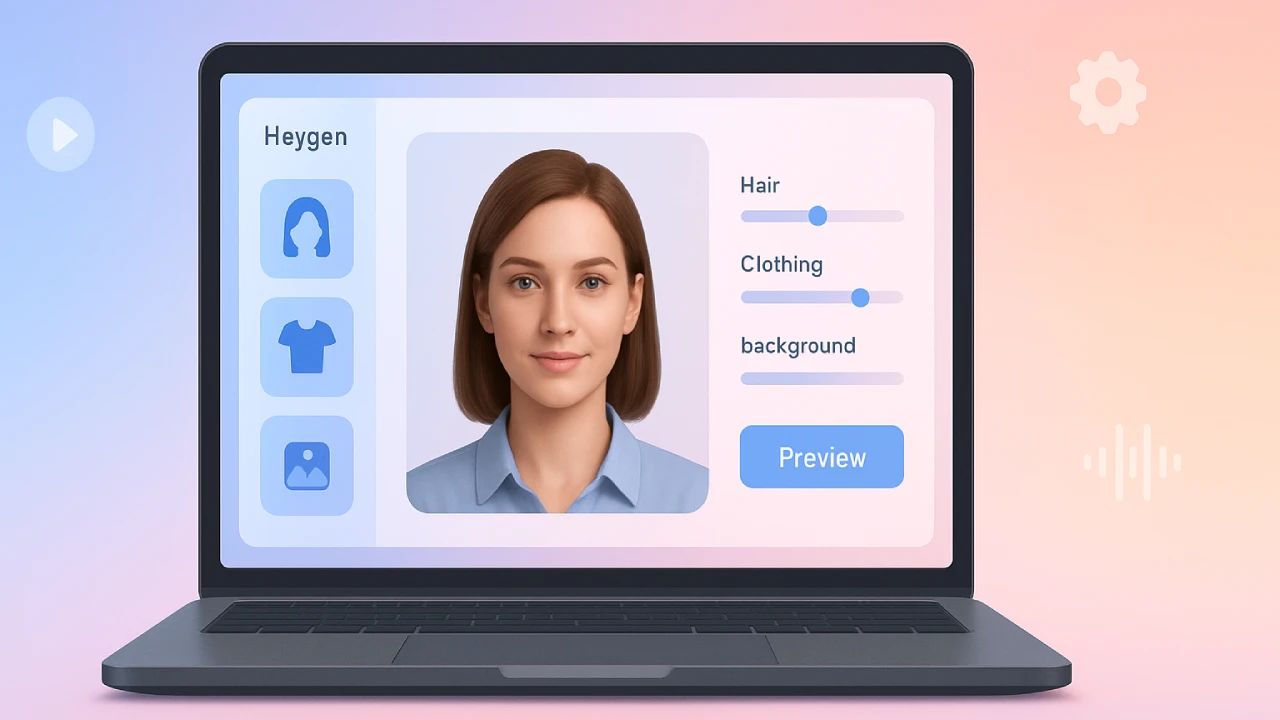With the free 2FA app Proton Authenticator, you can protect your accounts with time-based one-time passwords (TOTPs). As an option to Google or Microsoft authenticators that puts privacy first, it works offline, encrypts data from end to end, and never keeps track of users.
When was the last time you couldn’t get into an account because you didn’t get an OTP in time? Or even worse, someone took over your login by using a leaked password? That will no longer be the case with Proton Authenticator.

This open-source, privacy-first 2FA app from Proton makes two-factor authentication safer, easier, and even fun to use, even for people who aren’t tech-savvy.
Why could it be your next must-have security tool? We’ll talk about what makes it different and how it works in this blog.
What is Proton Authenticator and why it matters
The Swiss company Proton, which made Proton Mail and Proton VPN and released the free two-factor authentication (2FA) app Proton Authenticator, is also the company behind Proton Authenticator. Time-based one-time passwords (TOTPs), which are six-digit numbers that change every 30 seconds, help keep your online accounts safe.
But this is what makes it different from other authenticators:
- It works offline with no dependency on internet or SMS
- No ads, no trackers, no data collection ever
- End-to-end encrypted (E2EE) so even Proton can’t see your codes
- Completely open-source so the code is publicly auditable
- Cross-platform with support for Android, iOS, Windows, macOS, and Linux
Google and Microsoft rule the world, but Proton gives something different: full control and privacy.
How Proton Authenticator works in simple words
Let’s say you just turned on two-factor authentication for your web or email account. Proton Authenticator can read a QR code or let you enter a key by hand. This key is your account’s secret seed.
After you add a card, the app will make a 6-digit code that changes every 30 seconds. This code will be used as a second password along with your normal ones when you log in.
To get these numbers, you don’t need Wi-Fi or cell data. If you use fingerprints or a PIN, even if someone steals your phone, they won’t be able to open the app.
Key features and real-life benefits
Here’s where Proton Authenticator gets interesting for real-world users:
Total privacy by design
- End-to-end encryption ensures that only you can see your codes.
- No ads, no trackers, no hidden analytics.
Easy migration and setup
- Import from Google Authenticator, Authy, or other apps via QR code or manual entry.
- Unlimited accounts supported ideal for power users.
Secure cloud sync (optional)
- Link it with Proton Pass to back up 2FA codes.
- Lost your phone? Just log in from another device and restore safely.
Biometric and PIN protection
- Use fingerprint, Face ID, or custom PIN to lock the app.
Seamless autofill with Proton Pass
- During login, your 2FA code can be auto-filled directly from the password manager — no toggling between apps.
Limitations and areas to watch
It’s safe to use Proton Authenticator, but keep these things in mind:
- Cross-device sync requires Proton account: While the app works standalone, cloud sync only works if you use Proton Pass
- Still new in market: Lacks some enterprise features like push-based login requests or account recovery without backup
- No push notifications: It doesn’t support push approval like Microsoft Authenticator (yet)
Proton has said that hardware keys like the YubiKey might be supported in the future, which could soon fill in these holes.
Proton vs Google Authenticator vs Microsoft Authenticator
Here’s a quick comparison that shows where Proton shines:
| Feature | Proton Authenticator | Google Authenticator | Microsoft Authenticator |
|---|---|---|---|
| Open Source | Yes | No | No |
| End-to-End Encryption | Yes | No | No |
| Works Offline | Yes | Yes | Yes |
| Ads or Tracking | None | Unknown | Some telemetry |
| Encrypted Multi-device Sync | Yes (via Proton) | No | Yes |
| Autofill with Password Manager | Yes | No | (MS ecosystem only) |
| Requires Account to Use | No | No | Yes |
Conclusion
Proton Authenticator is more than just a 2FA app it’s a statement. A statement that you don’t need to sacrifice convenience for privacy.
It offers offline access, encrypted backups, open-source transparency, and zero data collection all wrapped in a slick, cross-platform interface. Whether you’re a tech enthusiast or just tired of handing your logins to Big Tech, this tool is worth exploring.
Would you explore Proton Authenticator in your workflow? Let us know.







